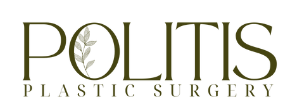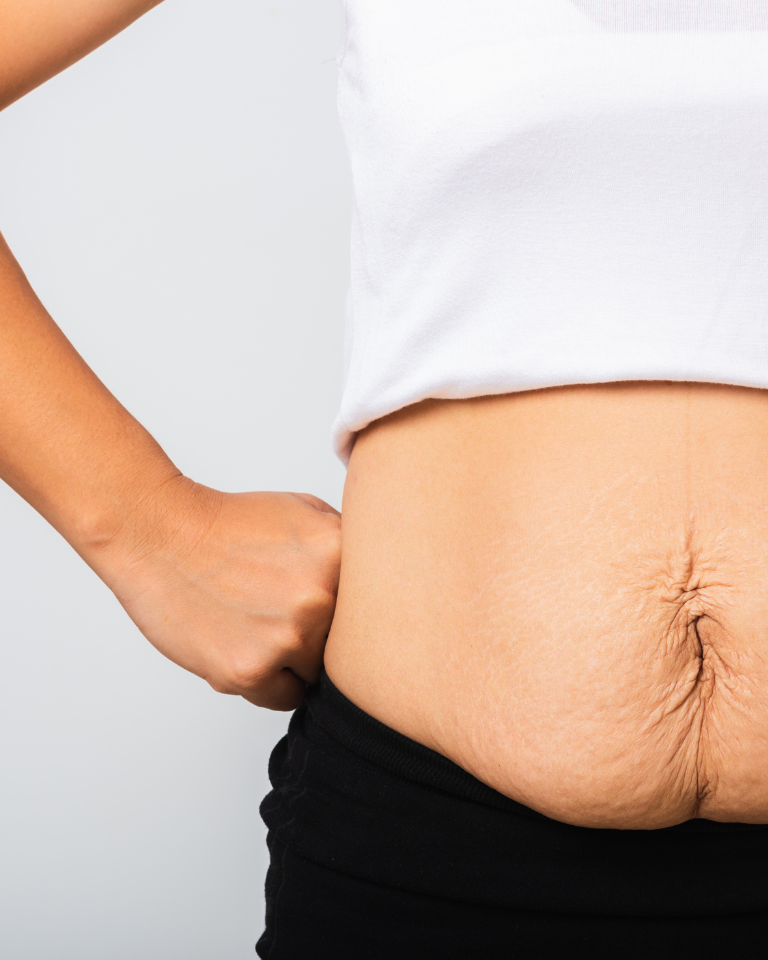You can still breastfeed after breast augmentation surgery. A typical breast implant surgery involves an incision made in the inframammary fold (crease under your breast) to place the implant behind the pectoral muscle which is below the breast tissue. With this procedure, the implant is away from the breast tissue and does not interfere with breast ducts or mammary glands that produce milk. Even in cases where some glandular tissue is removed, enough tissue is left to facilitate milk production after the procedure.
Incision site
If you intend to breastfeed after breast implant surgery, the location of the incision matters. An incision made under the breast, in the armpit, or in the belly button is less likely to damage your milk ducts, nerves or glands.
But an incision made across or around the areola is more likely to damage nerves, affect the sensation of your nipple, interfere with the signals necessary for the letdown reflex, and reduce milk supply. Speak with your plastic surgeon about whether you might still have children so that an incision site is chosen that reduces the need for future adjustments to facilitate breastfeeding.
Implant location
Since breast implants can alter breast tissue, change the sensation of the nipple area, pinch or damage milk ducts, nerves, and milk glands, or reduce milk availability and release from glands, the location of the implant is critical. If you still want to breastfeed after breast implant surgery, you should make this clear to your plastic surgeon. To ensure implants do not interfere with breastfeeding, they can be inserted between your breast tissue and chest muscle or placed under your chest muscle.
Breast implants and milk safety
Breast implants do not make breast milk unsafe for your baby. Saline breast implants are filled with saline water, but there is no significant harm involved if the saline water mixes with breast milk. Likewise, silicone gel-filled implants are not harmful because the gel does not leak outside the implant shell.
There is no need to worry about chemicals in the implants mixing with the milk and making breastfeeding unsafe for your baby. Whatever implants are used, be sure to ask your plastic surgeon if it is safe for you to breastfeed after your implant surgery.
Reason for the surgery
Whether you can breastfeed after breast implant surgery also depends on your reason for the procedure. If your breasts are fairly symmetrical and regularly shaped and you only want a small boost, you are less likely to run into difficulties breastfeeding. But if you have flat or tubular shaped breasts before the procedure, you may already be at risk of low milk supply even without breast implants.
At Politis Plastic Surgery, we generally advise our patients to wait until they have had children before undergoing breast implant surgery. However, we do evaluate and recommend the procedure on a case-by-case basis after a personal consultation with each patient. If we find the procedure ideal for you, even when you still plan to have children, we will ensure that the incision site and implant location have the least possible effect on breastfeeding.
Would you like to enlarge your breasts and enhance your self-confidence but worry that it will affect you in other ways? Consider a private consultation with Dr. Effie Politis to discuss your specific goals and concerns. She will listen and guide you in making an informed decision about the procedure. For more information about breast augmentation and other cosmetic surgery procedures, visit the Politis Plastic Surgery website.





